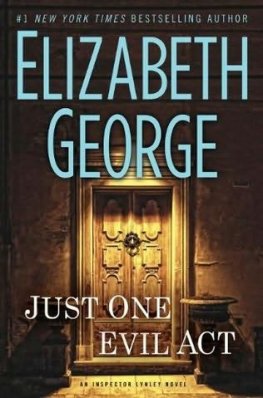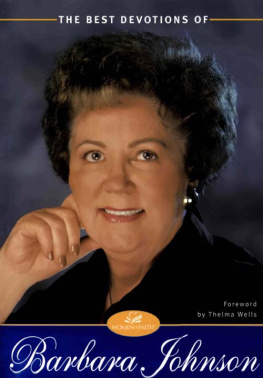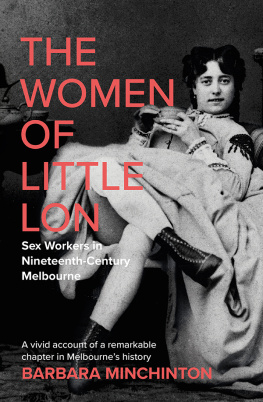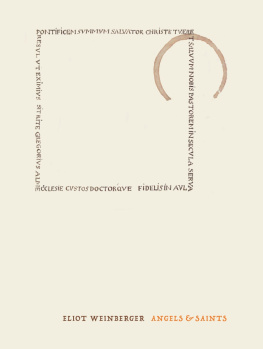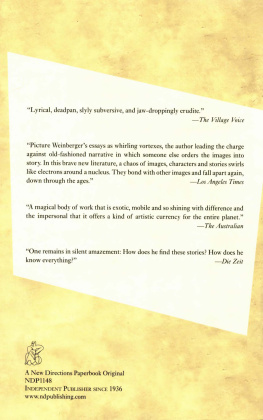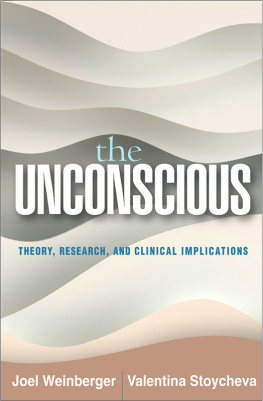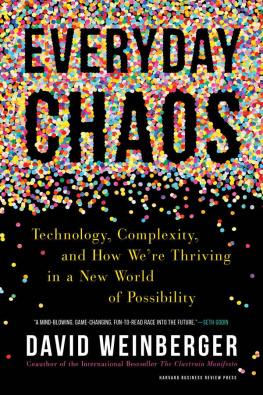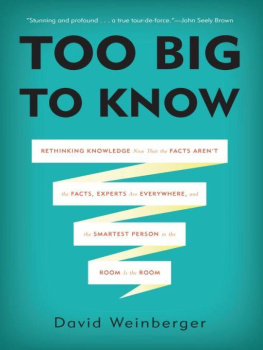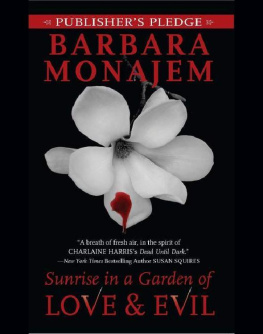The Best Police in the World
For Harry
The Best Police in the World
An Oral History of English Policing from the 1930s to the 1960s
BARBARA WEINBERGER
First published 1995 by Ashgate Publishing
Published 2016 by Routledge
2 Park Square, Milton Park, Abingdon, Oxon OX14 4RN
711 Third Avenue, New York, NY 10017, USA
Routledge is an imprint of the Taylor & Francis Group, an informa business
Copyright Barbara Weinberger, 1995
All rights reserved. No part of this book may be reprinted or reproduced or utilised in any form or by any electronic, mechanical, or other means, now known or hereafter invented, including photocopying and recording, or in any information storage or retrieval system, without permission in writing from the publishers.
Notice:
Product or corporate names may be trademarks or registered trademarks, and are used only for identification and explanation without intent to infringe.
British Library Cataloguing in Publication Data
Weinberger, Barbara
Best Police in the World: Oral History of English Policing from the 1930s to the 1960s.
I. Title
363.20942
Library of Congress Cataloging-in-Publication Data
Weinberger, Barbara.
The best police in the world: an oral history of English policing from the 1930s to the 1960s/Barbara Weinberger.
p. cm.
Includes bibliographical references and index.
1. PoliceEnglandHistory20th century. 2 PoliceEnglandInterviews. I. Title.
HV7728.A475 1995
CIP
ISBN 13: 978-1-85928-223-6 (hbk)
Contents
Between pages 88 and 89
I am very grateful to the Nuffield Foundation and to the Leverhulme Trust for their financial assistance in support of the pilot study (Nuffield Foundation) and of the main research study (Leverhulme Trust) on which this book is based, and without which the research could not have been undertaken.
I have incurred many debts in the course of writing this book. My overriding debt is to the men and women who so generously invited me into their homes, plied me with cups of tea and shared their memories with me. I have been greatly enriched by the many warm and friendly contacts here with former police officers from all over the country, and am grateful to them all. Needless to say, this book could not have been written without their testimonies. I can only hope they will feel that I have done them justice and that they recognize their former world of work in the picture I have painted. I am also deeply indebted to the archivists of the many police and other record offices used for this study. In particular, I must single out Jeremy Glenn, archivist of the South Wales Police Museum, Maureen Scollan from the Essex Police Museum, and David Cross, from Birminghams Police Museum, each of whom spared no effort to search out and provide me with documents and information beyond the reach of an index. Here, Jeremy Glenns marathon effort in extracting the Cardiff polices promotion statistics for the 1930s proved especially valuable. I would also like to thank the Trustees of the Mass Observation Archive at the University of Sussex for permission to quote from this copyright material; and the editors of Oral History for permission to reproduce the section on police wives in , which appeared as an article in their journal in vol. 21, no. 2, 1993. My thanks also to Deirdre Hewitt and Pauline Wilson for their great help in the preparation of this manuscript. Lastly, I want to thank colleagues and participants, both at Warwick Universitys Centre for Social History and at the many other venues where I gave papers based on the material in this book, for their helpful comments and criticism. Thus many people have contributed to its making. The interpretation remains my own.
ARP | Air Raid Precautions |
BUF | British Union of Fascists |
CD | Civil Defence |
CID | Criminal Investigation Department |
HC Debs | Parliamentary Debates, House of Commons |
HL Debs | Parliamentary Debates, House of Lords |
HMI | Her Majestys Inspector |
JLO | Juvenile Liaison Officer |
Mepo | Metropolitan Police Records |
MPD | Metropolitan Police District |
NCCL | National Council for Civil Liberties |
NCW | National Council of Women |
NUWW | National Union of Women Workers |
NUWM | National Unemployed Workers Movement |
PC | Police Constable |
PP | Parliamentary Papers |
PRO | Public Record Office |
RC | Royal Commission |
WCRO | Warwick County Record Office |
WPC | Woman Police Constable |
WAPC | Womens Auxilliary Police Corps |
WR | War Reserve |
This book, based on oral history interviews as well as archival and other sources, has two main purposes. The first is to fill a gap in the historiography between policing studies that usually end with the First World War, and the contemporary focus of most criminologists. Although there has been some work on the police in the inter-war period, this has largely concentrated on the policing of strikes and demonstrations. Only T.A. Critchleys history, and Clive Emsleys text on English policing provide something of an overview, while Mike Brogdens book on policing in inter-war Liverpool most nearly parallels the period and themes covered here, but within the confines of one city.1 This still leaves a need for more knowledge about the work of the police and their relations with the public, and about their self-image and views on their role and occupation in the inter-war and Second World War period. So far, there has been no historical inquiry into this question and its implications for the style and content of police work. The key question addressed in the text therefore concerns the police view of the priorities of the job and the aspects they considered the most important, in order to encapsulate the motivation and the norms and values that guided their behaviour, as well as any changes that may have occurred over the period.
The second purpose of the book is to test the thesis that the years from the 1930s to the early 1960s were a golden period when police and public were generally in accord that the English police were the best in the world. The broad acceptance of this view is perhaps one reason why there has been so little research on the institution at this time, and why policing studies themselves did not get under way until the era of the 1960s with Michael Bantons pioneering study.2 Even then, Bantons purpose as a sociologist was to study an institution that was




